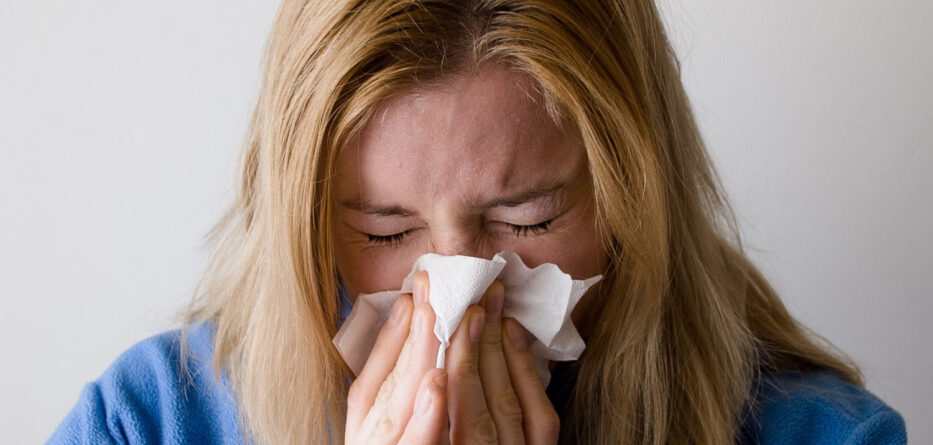FRANKFORT, Ky. — The Centers for Disease Control and Prevention says it’s likely flu viruses will complicate the coronavirus outbreak this winter and recommends getting a flu vaccine.
Flu activity usually peaks between December and February, but it can last as late as May. Dr. Dale Toney, president of the Kentucky Medical Association, said hospitals already struggling with COVID-19 cases could become overwhelmed if people sick with flu end up in emergency rooms.
He said counties can decrease the odds of an influenza outbreak if enough people get flu shots.
“If you haven’t gotten the flu shot yet this year, then you should still go ahead and get it as soon as possible,” Toney said. “The flu shot takes about two weeks to work and it absolutely protects against the flu.”
Steps such as frequent hand washing, covering your nose and mouth when sneezing and staying home when sick also can help curb flu spread, along with COVID-19 precautions such as mask-wearing and social distancing.
In 2019, between 39 million and 56 million Americans caught the flu, resulting in as many as 740,000 hospitalizations, and between 24,000 and 62,000 flu-related deaths, according to data from the CDC.
Toney said groups with the lowest flu vaccine rates also tend to be the those disproportionately affected by COVID-19. One study by the CDC found Black Americans had the highest flu-related hospitalization rates over the past decade, and Latinos had the third highest.
Toney said for some people, co-infection with COVID-19 potentially could be deadly.
“Flu obviously is an upper-respiratory tract infection, and COVID affects the upper respiratory tract as well as other organs, but it will make you very sick if you get both of them at the same time,” he said.
He also pointed out because the flu and COVID-19 have similar symptoms, only testing can distinguish between them.
Residents can receive flu shots at their local health department, community health center or at retailers such as Kroger, Walgreens and CVS.






